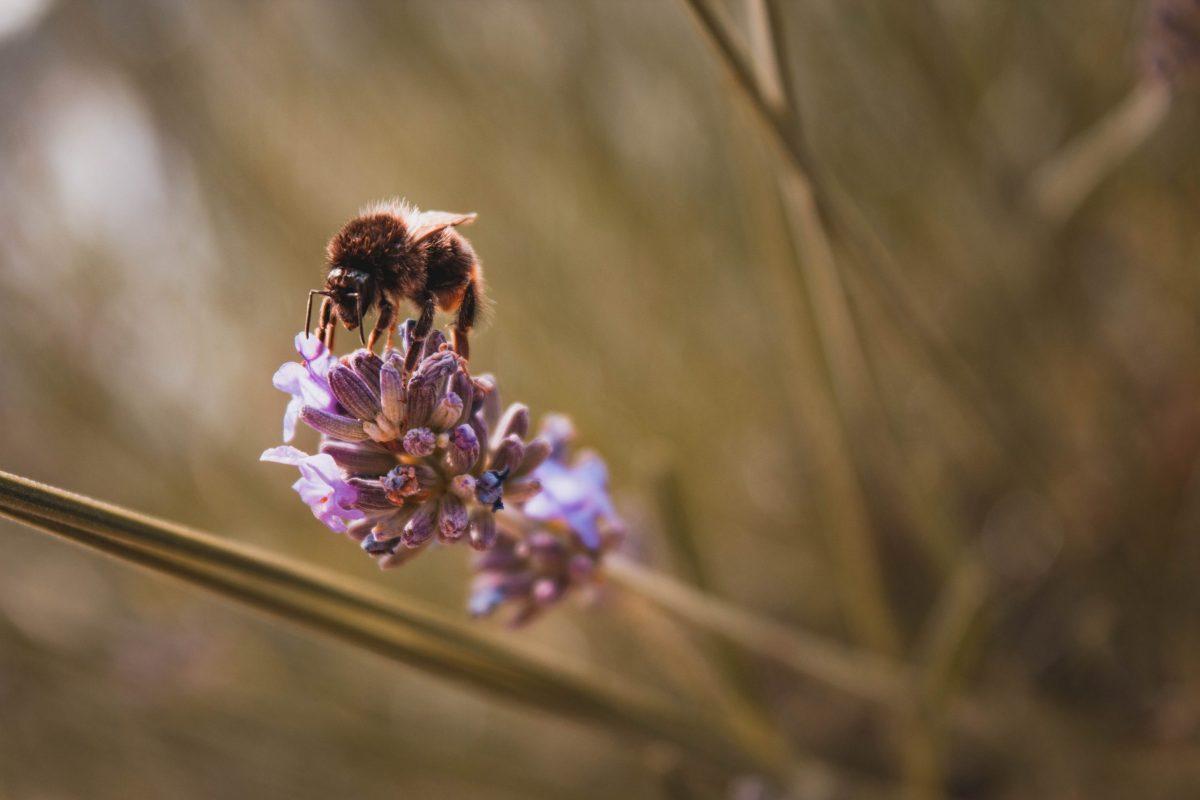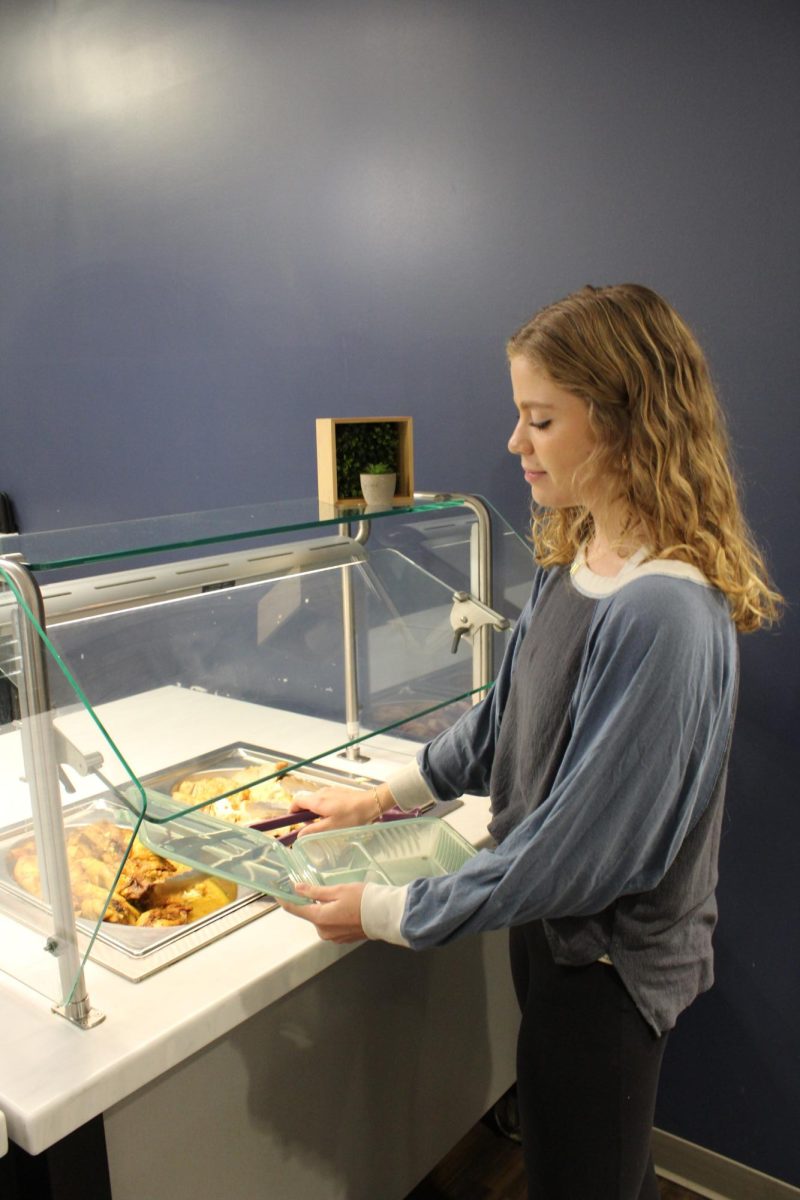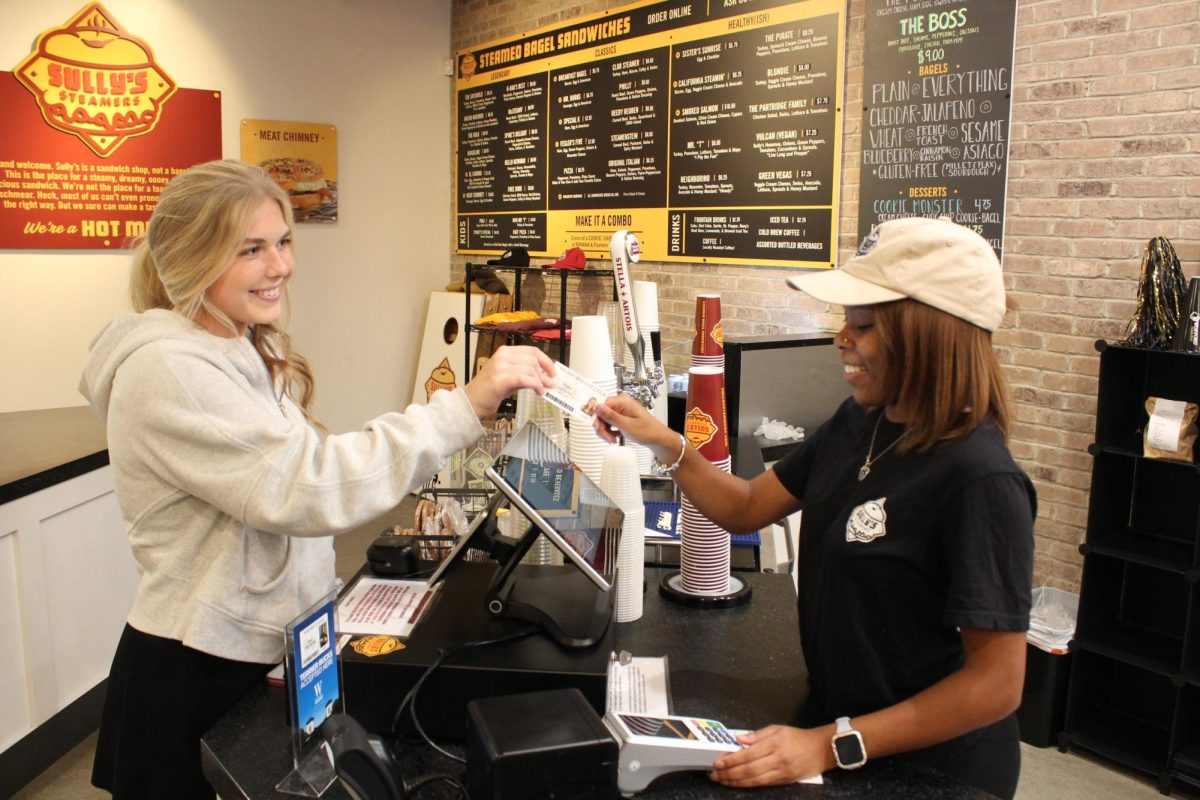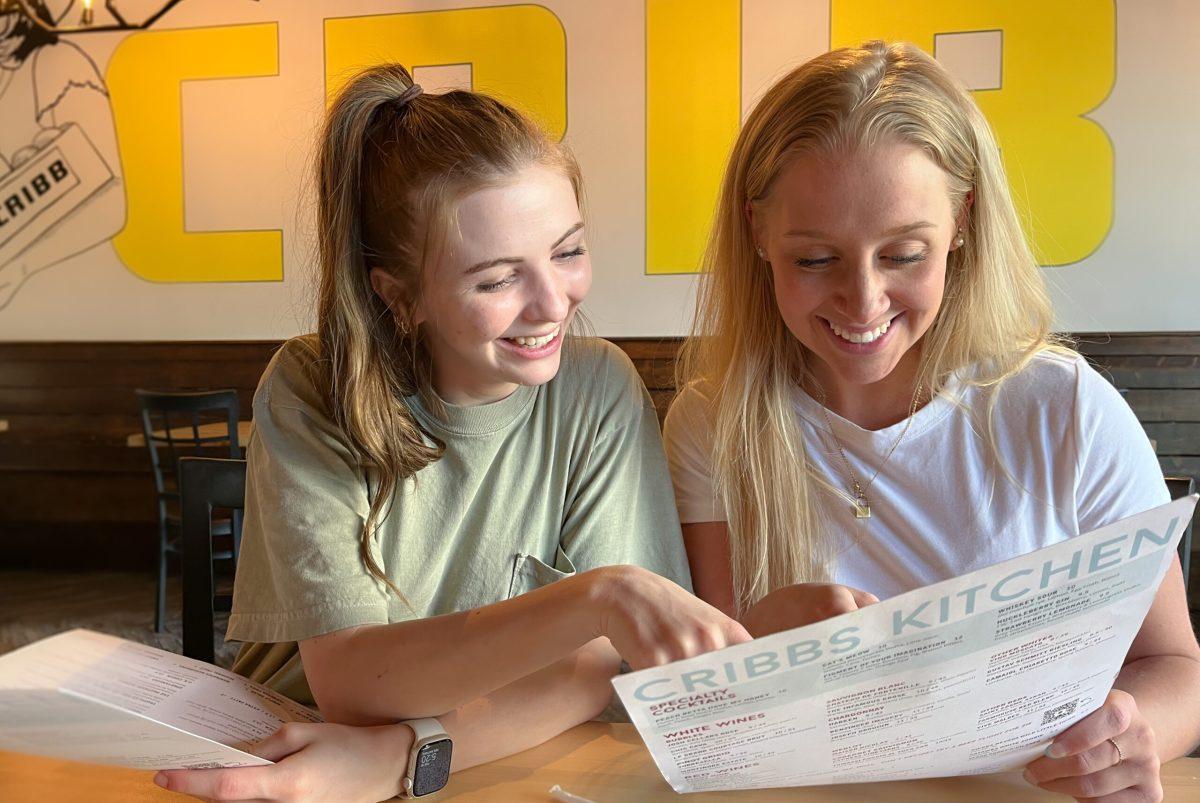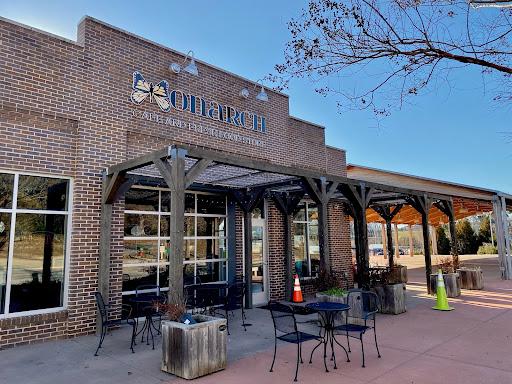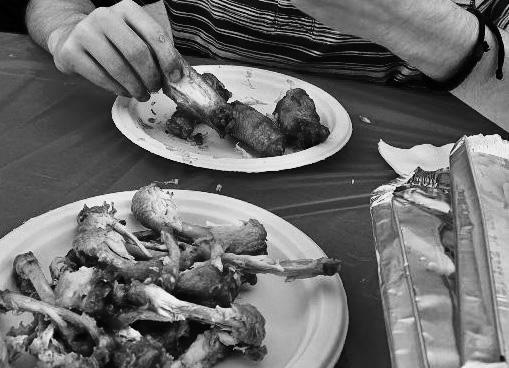Alex Tuchman speaks about the honeybee crisis
On Monday, Oct. 22 at 7:15, beekeeper and educator Alex Tuchman spoke to Wofford students and faculty on the honeybee crisis and group efforts to revitalize the species. Tuchman serves as the co-director of Spikenard Farm Honeybee Sanctuary, founded in 2006 as a non-profit organization to support bees through the current crisis while also “embracing biodynamic farming practices.”
Tuchman has been working with bees for ten years and moved to Spikenard farms in March of 2014 after working as the farm manager and beekeeper of the Student Farm at Loyola University Chicago. During his visit to Wofford, he spoke to an environmental studies Sustainable Agriculture class and went to lunch and dinner with faculty and students to talk with them more about biodynamic farming.
Tuchman began his talk by introducing a history of honeybees, mentioning their long-term significance for the environment and ecological relationships. He also gave an introduction to Spikenard Farm and the biodynamic farming methods utilized there with both the bee sanctuary and garden to best ensure sustainable, healthy practices.
Tuchman introduced biodynamic farming as a method of reversing the common view that agriculture has been conflated with the principles of business, where exponential growth is emphasized virtually above all else. By contrast, biodynamic farming is seen as a method in which the goal is to grow in the healthiest way possible with the least amount of inputs possible.
He also talked about his own experience with the honeybees on the farm, detailing his considerably close relationship with his hives. He stated that he doesn’t wear normal beekeeping garb to check on his hives. Instead, he approaches them with regular clothing on and doesn’t take any steps to make sure he is covered and protected from stings.
Tuchman said that he can sense when it’s a good or bad day for the bees, and he “only receives stings on days when he deserves them.” He mentioned that he tries to approach the relationship with the honeybees from a viewpoint of care, attempting to address the bees by investigating what they may need from him, instead of seeing them as just a means to make money and benefit from.
The meat and bones of Tuchman’s talk consisted of a lot of little-known facts about honeybees. One fact given was that worker bees are actually females, they just do not utilize their ovaries to produce larvae. He also detailed the hidden roles of drone bees and explained the mating process of the queen bee as well as the many implications of royal jelly utilized in a beehive.
Tuchman concluded his talk by emphasizing the role Spikenard farms has in environmental stewardship, as the non-profit attempts to holistically address environmental issues from every angle. He encouraged students and faculty to reach out to him with any questions or comments, and that he hoped that this initial visit “would be the start of a meaningful relationship with Wofford.”
To reach out to Alex Tuchman with questions about beekeeping or biodynamic farming, you can email him at [email protected].





























